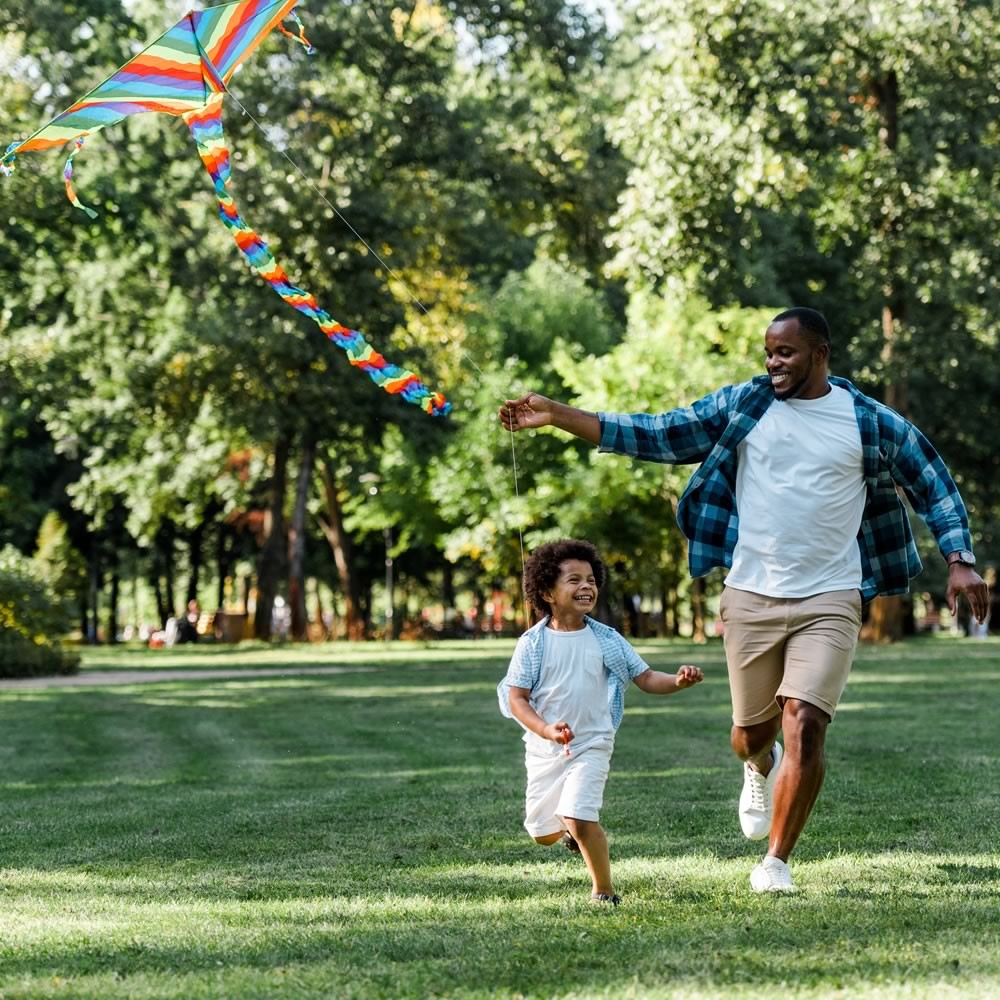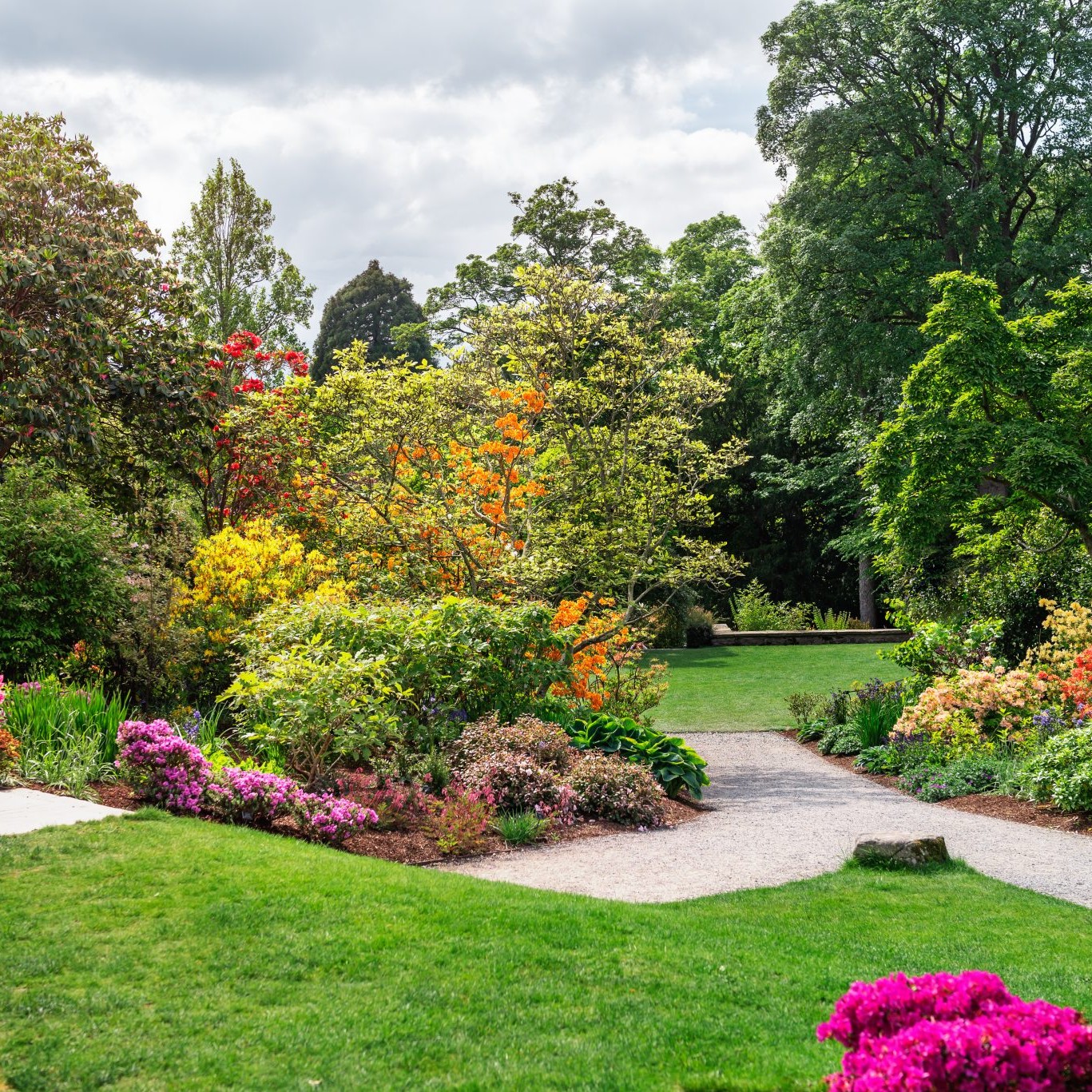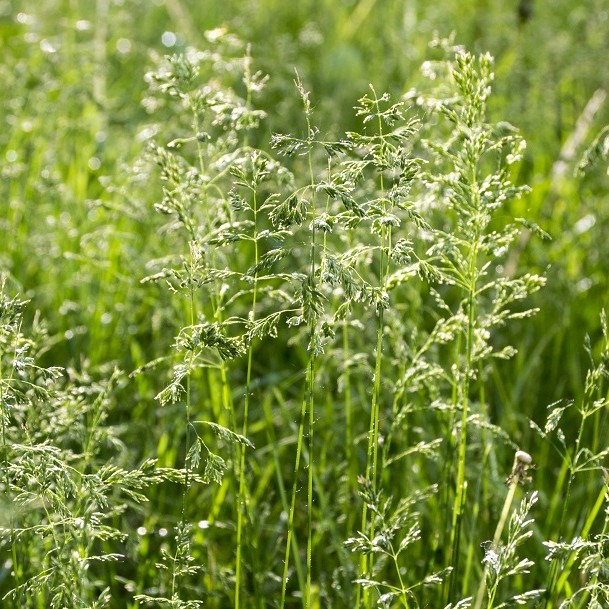The Fourth of July is only one week away and that likely means many are making or finalizing plans to be outside. Are you planning to be the grill master? How about the fireworks expert? Maybe you are the ultimate host of the celebration surrounded by family and friends enjoying fireworks, picnics, swimming, and outdoor activities. Here are some of the most common summer allergy tips to for attending Fourth of July celebrations. After all, it is your right to have independence from summer allergies!
Number One Summer Allergy: Grass Pollen
During the summer months, many allergy sufferers are wary of grass pollen. They are the most common seasonal allergy triggers and are heaviest in May through August. Those that suffer from grass pollen allergies can benefit from checking their local pollen counts daily. Pollen counts tend to be the highest early in the day or as the wind picks up just before a large rainstorm.
Also, try to offer guests an indoor option during your outdoor celebration if possible. Try to offer a portion of the area where guests can sit away from tall/dense grass or shrubbery. Another options would be a non-grass surface like a deck or patio. To avoid bringing those pollens inside after a great celebration, take a shower or bath before hopping into bed. This will help rinse off any sticky allergens stuck to your body or hair before they stick to your bedding.
Summer Skin Allergy: Sunscreen Reactions
Many celebrations occur outside or around the pool, so sunscreen is important to discuss. While sunscreen is a crucial part of summer safety, sometimes it can cause a reaction much worse than a sunburn. A contact allergy to the sunscreen may present as a rash appearing where it was applied. Or it could be a reaction that appears after applying the sunblock and being exposed to the sun.
To avoid a sunscreen reaction, apply a quick and simple patch test before applying the product to your whole body. Decide on a small area, like the wrist, and apply the product. Wait at least 24 hours to make sure the skin does not react.
Summer Venom Allergy: Stinging Insects
Similar to sharing the festive star-spangled celebrations with pollen and sun, consider insects as well. We know stinging insects such as bees, wasps, hornets, and yellowjackets are most active during summer and early fall. Also, fire ants are active all year round in many southern parts of the United States.
For many of us stings and bites can be uncomfortable and painful. However, there are many picnic guests that have life-threatening reactions that can result from a sting or bite. People who know they are at risk should always carry two doses of auto injectable epinephrine. They should have the ability to access it within 60 seconds if necessary. Try to avoid the stings and bites before they occur by refraining from walking outdoors barefoot, especially in grassy areas. Another helpful trick is to skip perfume or sweet-smelling body sprays or lotions. Also, drinking from cans or bottles that have sat open and unattended should be avoided because sometimes insects can be an unpleasant surprise. Finally, when choosing the perfect outfit for the holiday weekend, leave your vivid, floral clothes in the closest.
Summer Asthma Concerns
When we think of the Fourth of July, firework displays lighting up the sky quickly come to mind. Fireworks, although beautiful and breathtaking, can create smoke and small particulate matter. This can trigger asthma for some, taking their breath away in a not so enjoyable way. If you suffer from asthma, consider watching the fireworks from an indoor location. Similar to fireworks, smoke from grills, bonfires, firepits, or outdoor fireplaces can also trigger asthma for some. Try to avoid the direct smoke pathway and leave significant distance between yourself and the source of the smoke.
Other scented products utilized during outdoor gatherings can also contribute to air pollution and can also trigger asthma. If hosting a party, it would be helpful to contact your guests and ask if certain things like scented insect repelling candles, scented tiki torch oil, odor hiding fragrances or air fresheners trigger any negative responses for them.
If there is a swimming pool, remember that while chlorine isn’t an allergen, it is an irritant and can cause problems with eye and nose itching. It can also cause breathing problems in people with asthma. If undesired symptoms are occurring while swimming, jump out, take off your suit and washing the affected area with clean water and soap to remove traces of the remaining irritant. You should have a rescue inhaler on hand, if prescribed to you, to calm any respiratory symptoms should they occur.
Summer Food Allergy Considerations
Finally, what would a summer celebration be without all the tasty food and drinks? If food allergies are present, it can make attending picnics and barbeques easier to pack your own meals or snacks to have readily available. Preparing food, yourself is always the safest option, however, it may not be feasible may not allow you to feel you are enjoying all the perks of a summer celebration. It is helpful as a host to ask about any food allergies or dietary restrictions when inviting guests to the event. It is also very helpful to label what individual dishes or offers are and include a high-level recipe or ingredient list. That way guests can privately identify safe selections off the menu in and will allow them to enjoy immersing themselves in the full experience without the worry of unknown exposure.
Amanda Hofmann, MPAS, PA-C, is a graduate of Duquesne University, in Pittsburgh, Pennsylvania. After spending eight years in clinical practice, she joined United Allergy Services as the vice president of clinical. Amanda is also the past president of the Association of PAs in Allergy, Asthma, and Immunology.
United Allergy Services is also on Facebook, LinkedIn, or Twitter. See other interesting and related articles on the UAS Blog.
You may also be interested in . . .
A Deep Dive into Summertime Allergies
As the warmth of summer graces us with its presence, many of us are eager to embrace outdoor activities and soak up the sun. However, along with the…
Tree Pollen and Pollen Counts Explained
March is here, and so is Spring! Spring has officially started which brings longer days, refreshing rain showers, bright colorful flowers, and of…
Grass Pollen Allergy: Making the Most of Summer
Summer is finally here! Longer days, days spent by the beach or the pool, and late nights catching fireflies are on the horizon. Allergies are usually…



